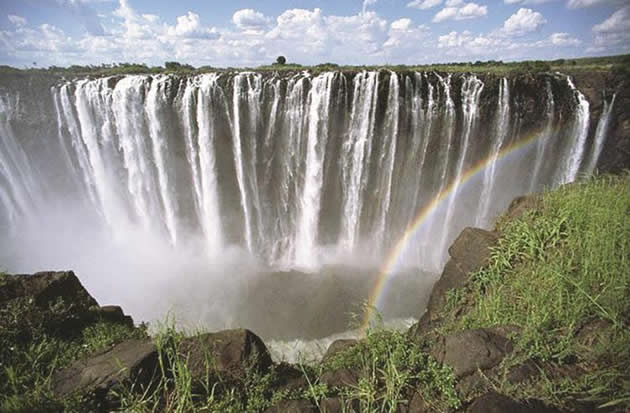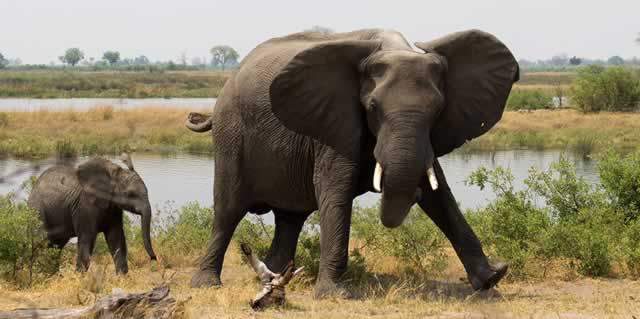Time for self examination, cleansing

 Perspective Stephen Mpofu
Perspective Stephen Mpofu
Perhaps at no other time since independence in 1980 has the Press in this country come under such sharp censure as has happened lately, with some critics imputing a journalism of conformity at best, and at worst one of brown envelopes.
In retrospect, therefore, it appears incumbent upon Zimbabwean journalists to engage in wholesale self-introspection and, where necessary, in a self-cleansing process to restore the besmirched image of the noble profession to its erstwhile glory.
Under the circumstances, it would be blatantly naïve of any journalists worth their salt were they to shrug off the blistering attacks on both their professional standing and moral rectitude by pretending they have merely been caught in the crossfire between competing political interests and leave it at that.
But the inescapable truth is that the scribes’ standing in our society has been savaged so much so that it is imperative to repair the damage and, as such, a post-mortem of how journalists have plied their trade must begin at once and be premised on two bottom lines, one of which is that Zimbabwe is a developing country, and the other is that our independence – and independence from foreign rule at all – is the true revolution in human dignity.
In this pen’s humble opinion, the first bottom line suggests that developmental journalism should be embraced above all else as a sine qua non of the craft of journalism in order that the country is helped to transcend its status as an underdeveloped nation.
This presupposes that journalists desist from hunting with the hounds and running with the hares as it were by exposing without fear or favour any discontinuities tantamount to sabotaging developmental initiatives.
For instance, if political leaders or those holding down key positions in government doze off or snore on the job, or impair progress through their tardiness or ineptitude, journalists, as agents of societal transformation, should expose such people without fear or favour for the good of the country. It is in such situations, including corruption, where the saying “publish and be damned” becomes valid to a large extent as it implies that journalists must risk any punitive action against them and be prepared to sacrifice their image, even their jobs, for the good of the country as a whole.
Yet it must be greatly regretted that this kind of “journalistic martyrdom” is a rare commodity in this country as reporters are either intimidated by powerful leaders in politics and/or in government to resort to a journalism of conformity which suggests that officialdom should not have its feathers ruffled, or weak-kneed reporters also living below the poverty datum line grab at brown envelopes waved in their hungry eyes by unscrupulous leaders not wishing to have their political or other venial sins exposed to the wider public.
Consider also Zimbabweans who are correspondents for foreign media, especially broadcast media in countries in the West that are diametrically opposed to Zimbabwe’s current system of governance. It is disheartening for any patriotic Zimbabwean listening to the pathetic way in which these correspondents pander to the whims of their employer in a journalism of conformity and one bereft of any hint of patriotism on the part of the writers.
A similar critique may be applied to media that tout themselves as “private” or “independent” – the latter being a misconception as there is no such thing as an independent press when any media at all is owned by someone or by shareholders who have influence to be followed in one way or the other. Such media become pied pipers, as it were, with those calling the tune via their policies paying the journalists to do what their masters want, including a pursuit of rebellious journalism against their own country in compliance with financiers’ inverted national interests.
Thus, “compliant journalism” and brown – envelope -journalism, wherever they rear their ugly heads, deal a severe blow to the noble profession as they become impediments to sustainable social and economic transformation. As for the second bottom line, one might look at vote buying, factionalism and the like to which unscrupulous leaders resort in trying to achieve nefarious goals as values that degrade human dignity and must be regarded as anathema by every Zimbabwean.
This is because those actions reduce our people to puppets who cannot think for themselves by, for instance, making prudent choices and so must be made to dance on the political strings of power hungry people, or of others with personal, not national interests to serve.
In this regard local and African journalists per se should eschew Western media theory that also regards lies as facts around which a news story may be written, leading to sensational journalism in extreme cases and benefiting no one at all. But facts that are bereft of any truth are phantoms that cannot help journalists in transforming society — and yet some journalists in this country are guilty of this offence, thereby putting their profession into disrepute.
While different sections of the media may disagree on certain issues – and disagree they should where necessary rather than be driven by mob psychology like sheep, at all times — but there comes a time when matters of national interest such as security and sovereignty, are at stake, and the external enemy is at daggers drawn with us. Then an imperative need arises for a convergence of media positions in defence of the motherland.
Interestingly, that is what happens in Western countries that some local sections of the media adore when those countries are faced with matters of life and death.
But were the blistering criticism being visited on the local media centred on sloppy journalism, this would not be of considerable worry as in-house retraining, refresher courses and journalistic awards intended to motivate reporters to improve the quality of their work, would easily take care of the challenges.
However, the criticisms being levelled at the Press of late demand that media houses and their employees engage in a thoroughgoing review of the manner in which they have discharged their services to the nation vis-à-vis the need to protect our independence and sovereignty and push for unimpeded development socially, economically and politically to usher Zimbabwe into a bold new future.











Comments